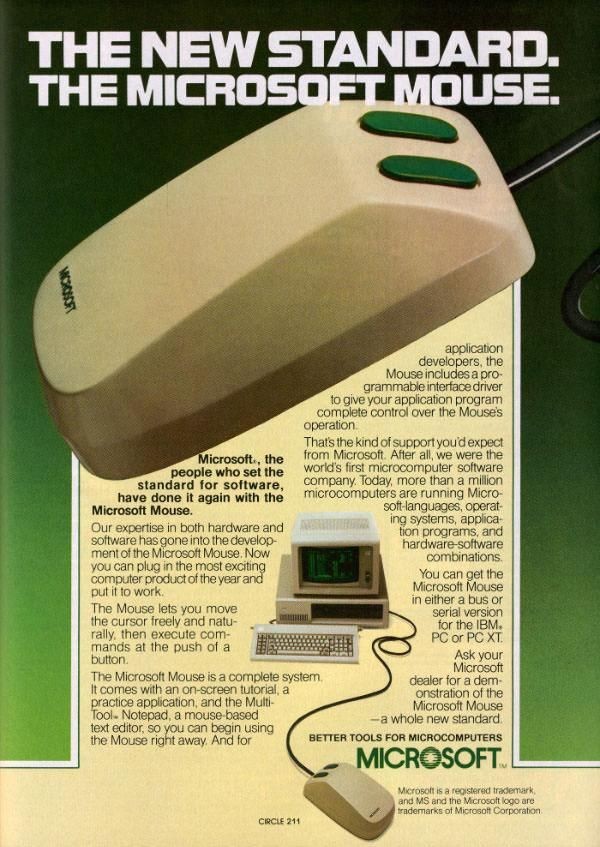What Happened Today, April 29th
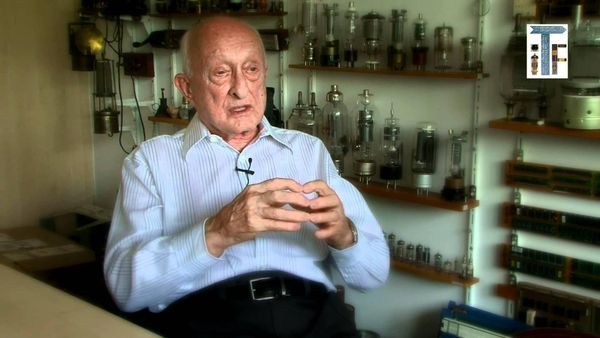
Laszlo Belady, creator of the Belady algorithm (used in optimizing the performance of computers), is born. Belady worked at IBM for 23 years in software engineering before joining the Mitsubishi Electronics Research Laboratory in the mid-1980s. He wins numerous awards, including the J.D. Warnier Prize for Excellence in Information and an IEEE fellowship.
What Happened This Week

The Clinton administration unveils a multimillion-dollar program to aid US companies that make flat-panel display screens as part of an effort to help the industry stay afloat in light of Japanese domination of 95 percent of the industry. The funding comes partly from the Defense Department, for use of flat screens on military equipment. The flat-panel display market had previously been limited to laptop computers.

Laszlo Belady, creator of the Belady algorithm (used in optimizing the performance of computers), is born. Belady worked at IBM for 23 years in software engineering before joining the Mitsubishi Electronics Research Laboratory in the mid-1980s. He wins numerous awards, including the J.D. Warnier Prize for Excellence in Information and an IEEE fellowship.
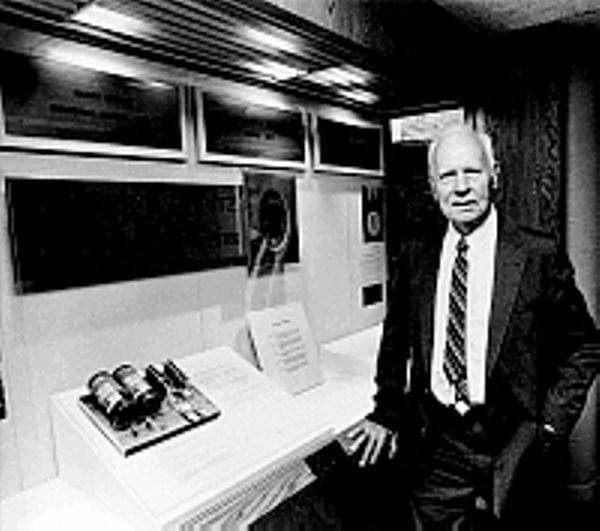
While at Bell Labs, George Stibitz pioneers the principles of relay-based computing. His original design, the “Model K,” was a binary adder that was named after its place of original design, Stibitz’s kitchen table. The “Model K” and Stibitz’s further research formed the groundwork for Bell Labs’ Complex Number Calculator, which was the first remotely accessed computer via a Teletype machine. He later pursued his research interests at Dartmouth College as a member of its faculty. Stibitz passed away in 1995.
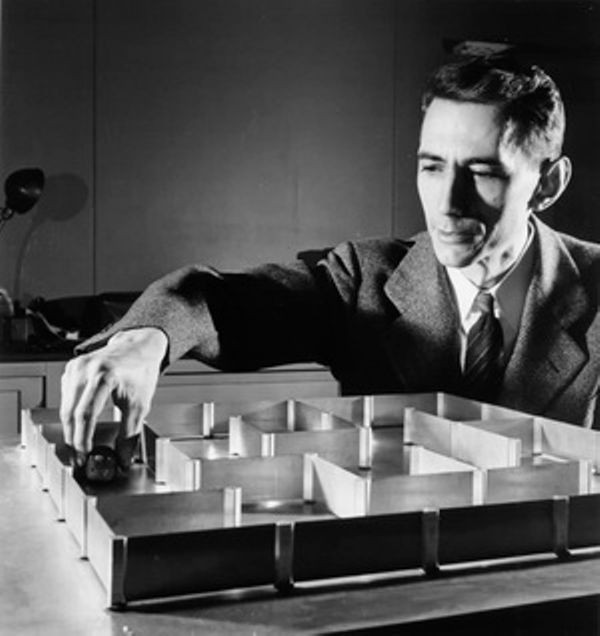
Claude Shannon is born in Gaylord, Michigan. Known as the inventor of information theory, Shannon is the first to use the word "bit." Shannon, a contemporary of John von Neumann, Howard Aiken, and Alan Turing, sets the stage for the recognition of the basic theory of information that could be processed by the machines the other pioneers developed. He investigates information distortion, redundancy and noise, and provides a means for information measurement. He identifies the bit as the fundamental unit of both data and computation.
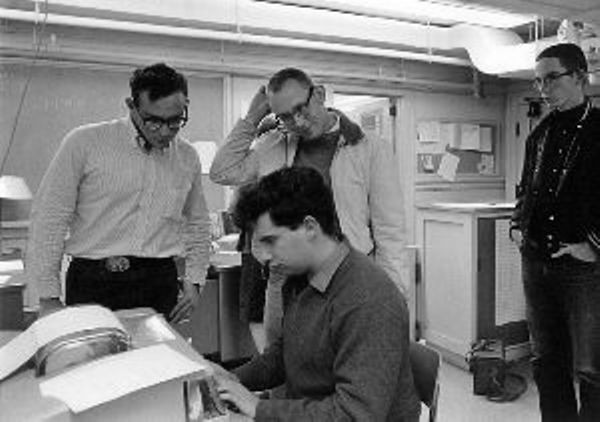
Thomas Kurtz and John Kemeny launched a timesharing system at Dartmouth College using their simple, user-friendly language, BASIC. Kurtz and Kemeny wanted to create a language their students could learn quickly for use on the timesharing system, which allows several users to run their programs at the same time on one processor.
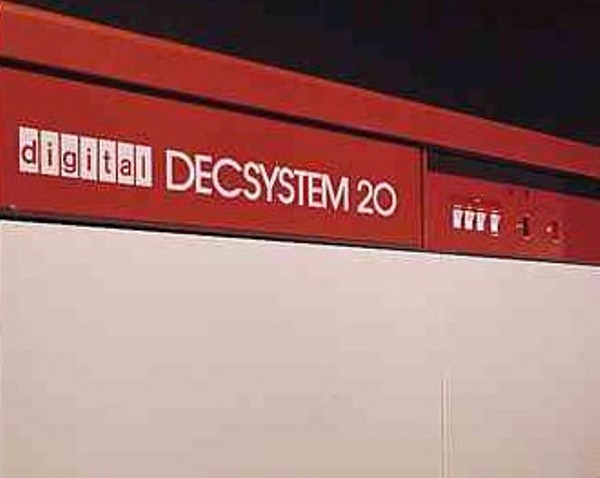
Today, unsolicited bulk email--better known as spam--accounts for up to 90% of all email messages, but it wasn't until this date in 1978 that the first spam was sent. Gary Thuerk, a Digital Equipment Corporation marketer, composed a message promoting the DECSYSTEM-20 computer. The message promoted two upcoming product presentations of the DECSYSTEM-20 accessing the ARPANET. The reaction to the message was swift and highly negative, including one who claimed that the message shut down his system.
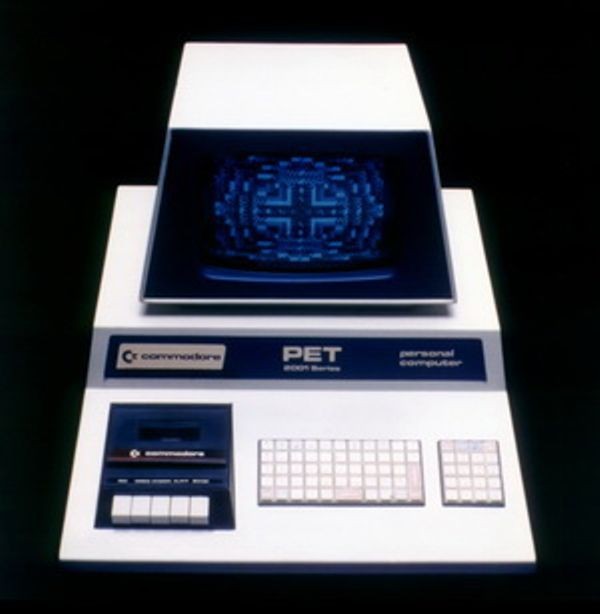
German electronics company Escom AG paid $10 million for the rights to the name, patents and intellectual property of Commodore Electronics Ltd. A pioneer in the personal computer industry, Commodore halted production in 1994 and declared bankruptcy. Escom AG planned to resume production of Commodore personal computers, including its most recent model, the Amiga. The company later sold its Amiga rights.



